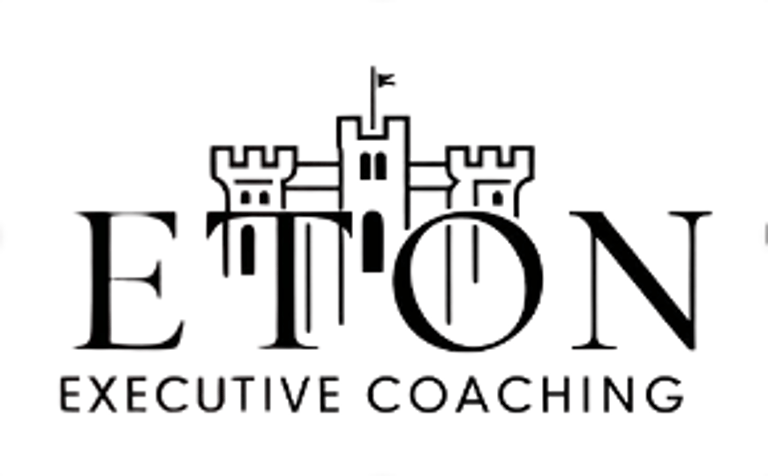Choppy Waters or a Tidal Wave of Change?
Navigating UK Higher Education
2 min read


Choppy Waters or a Tidal Wave of Change? Navigating UK Higher Education
The UK higher education sector is in a state of profound transformation. Economic pressures, policy uncertainty, evolving student expectations, and the demands of digitalisation have forced universities to rethink their strategies. Senior leadership teams face increasing scrutiny—expected to deliver financial sustainability, institutional excellence, and staff wellbeing, all while steering their institutions through unpredictable waters. In times of budget constraints, it can feel counterintuitive to invest in executive coaching for top teams. However, this investment is not an optional perk—it is a strategic necessity.
Universities thrive when their senior teams are empowered to perform at their best, both individually and collectively. Leadership effectiveness, resilience, and strategic clarity are critical for navigating change, retaining key talent, and ensuring the institution remains adaptive and forward-thinking.
The Leadership Challenge: Pressure, Retention, and Performance
Senior leaders in higher education are under immense pressure. Vice-chancellors, provosts, deans, and senior administrators are expected to balance financial constraints, sector-wide reform, faculty expectations, and student outcomes—often while managing crises and reputational risks. Leadership roles in universities have become increasingly unsustainable, leading to high turnover rates. When experienced leaders step down due to burnout or disengagement, institutions pay the price through leadership instability, fragmented teams, and diminished strategic focus.
Instead of cutting investment in leadership development, universities must focus on retaining their top talent by supporting them. Executive coaching ensures leaders have the tools, strategies, and resilience to thrive in high-stakes environments. It also fosters cohesion, aligning leadership teams around a shared vision to strengthen collaboration and strategic execution.
Why Investing in Executive Coaching Pays Off
When institutions fail to support their leadership teams, the effects ripple throughout the organisation—leading to disengaged staff, reactionary decision-making, and weakened institutional agility. Investing in executive coaching strengthens universities by:
Enhancing strategic thinking – Leaders gain clarity in decision-making, allowing them to focus on long-term priorities rather than short-term firefighting.
Improving leadership retention – Coaching provides essential support, increasing job sustainability and ensuring talented individuals remain committed to their institutions.
Strengthening senior team dynamics – Higher education leadership cannot function in silos. Coaching helps teams foster trust, communicate effectively, and align strategies to drive institutional success.
Boosting resilience and wellbeing – Sustainable leadership requires emotional intelligence and self-awareness. Coaching provides space for leaders to develop these competencies while managing stress and uncertainty.
Accelerating institutional adaptability – Universities must evolve with sector-wide changes. Coaching equips leadership teams to manage transitions without losing momentum.
The Hidden Cost of Leadership Instability
While budget constraints may tempt institutions to reduce leadership development, the long-term costs of leadership instability far outweigh the savings. High turnover rates disrupt continuity, leaving institutions struggling with fragmented strategies and disengaged staff. Investing in executive coaching not only protects leadership teams—it protects the stability of the institution itself.
Universities must ask themselves: Can we afford NOT to invest in our senior leadership teams? In an era of change and uncertainty, retaining and empowering leaders is the most effective strategy for ensuring institutional success. Executive coaching transforms leadership from a reactive force into a proactive, resilient team capable of steering higher education into the future.
If you would like to explore having an Executive Coach, who has over a decade as Vice-Chancellor and CEO, the first step is to book a call to find out more.
Please go to the booking page https://calendly.com/etonexec/30-minutes-initial-call
